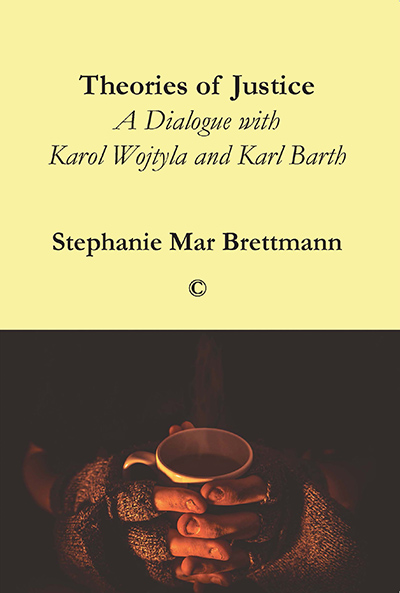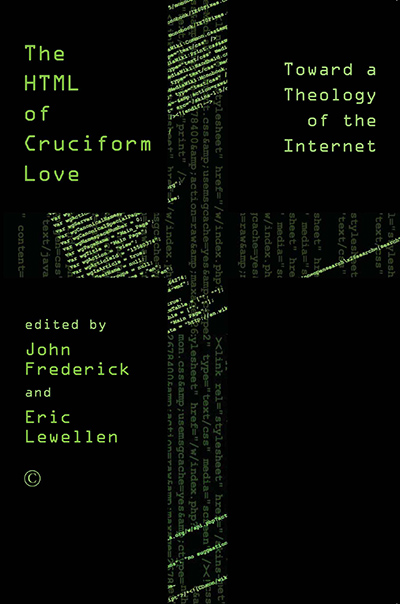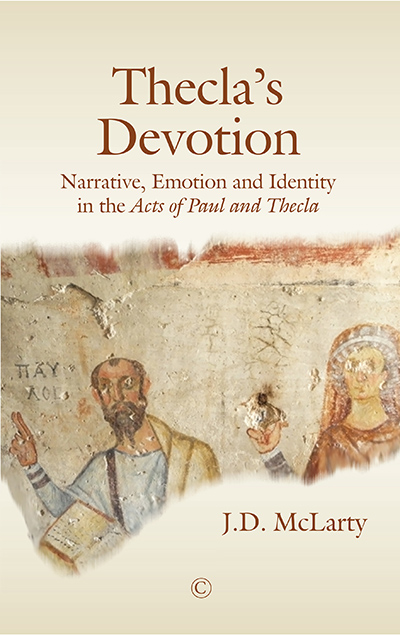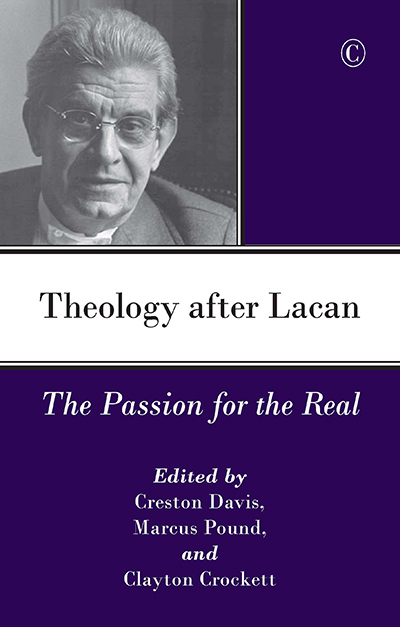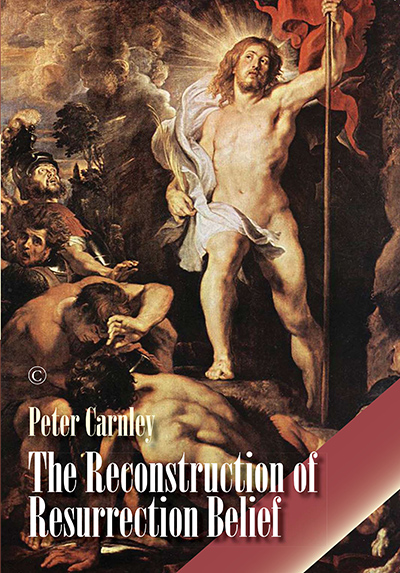Description
What is justice? How do we know justice? How is justice cultivated in society? These are the three questions that guide this critical dialogue with two representatives of the Protestant and Roman Catholic traditions: Karl Barth and Karol Wojtyla/John Paul II. Though the two leaders of thought are shaped within different theological traditions and historical contexts, they both appeal to Christian anthropology as a starting point for justice. Their explorations into the nature of humanity yield robust new theories of justice that remain relevant for our contemporary era. The third interlocutor, Stephanie Mar Brettmann, brings her own voice fully into the dialogue in the third part of the book in order to suggest possible shortcomings in their theories and to build upon their insights, all the while seeking theories of humanity and social justice that result in justice for everybody.
About the Author
Stephanie Mar Brettmann is the Executive Director of Businesses Ending Slavery and Trafficking (BEST). She taught Theology and Philosophy as a lecturer at the University of the West Indies and Whitworth University and was an Assistant Professor at Fuller Theological Seminary. She then decided to put her theories into practice by directing a non-profit organization that aims to prevent the commercial sexual exploitation and forced labour of vulnerable children, women, and men in the United States. She completed her PhD in Theology at the University of St. Andrews in 2004.
Contents
Acknowledgments
Abbreviations
Introduction
Part One: Karol Wojtyla/John Paul II
1. Wojtyla’s Affirmation of Human Dignity in Occupied Poland
Son of Poland
Laying Theological Basis for Justice
Early Priesthood: Promoting Human Dignity in the Midst of Dehumanization
A New Method of Investigating Ethical Personhood in the Phenomenology of Max Scheler
Promoting Human Dignity as a Moral Theologian
Conclusion
2. The Dignity of Human Persons in Wojtyla’s Philosophical and Anthropological Theology
The Shape of Wojtyla’s Work: Thomist? Phenomenological? Or Both?
Wojtyla’s Epistemology: The Philosophical Basis for Knowing Justice
Wojtyla’s Account of Justice
Just Action in Society
Conclusion
3. The Theological Basis for the Social Doctrine of Pope John Paul II
Knowing Justice: Faith and Reason
The Theological Basis for Justice: God, Creation, and Moral Law
The Theological Basis for Justice: Raised to a Dignity Beyond Compare in Jesus Christ
Theological Basis: Holy Spirit, Giver of Live and Love
Theological Basis: Conclusion
Social Doctrine: Human Dignity as the Criterion for Political and Economic Justice
Conclusion to Part One
Part Two: Karl Barth
4. An Early Passion for Justice
Barth’s Early Life
Shifting Foundations: The Red Pastor in Safenwil
Reformed Theology and the Justice of God for Humanity
The One Word of God
Conclusion
5. Barth’s Epistemology and Ethical Method
Barth’s Epistemology: The Theological Basis for Knowing Justice
Barth’s Ethical Method
Conclusion
6. Barth’s Theological Framework for Justice
Doctrine of God: God’s Justice as Right Relations and Mercy
Doctrine of Creation: Social Justice as Co-Humanity
Doctrine of Reconciliation: Justification, Sanctification, and Witness
Conclusion to Part Two
Part Three: Critical Dialogue with a Female Interlocutor
7. Sources of Justice
How is Justice Known?
Conclusion
8. Theories of Justice
What Is Justice?
How Is Justice Cultivated in Society?
Conclusion
Select Bibliography
Endorsements and Reviews
A very significant contribution to contemporary theology because it not only asks questions about the nature of justice but also provides a dialogue between two formidable figures and two theological traditions. A must read for all those searching for theological challenges!
Mario I. Aguilar, Centre for the Study of Religion and Politics, University of St. Andrews

